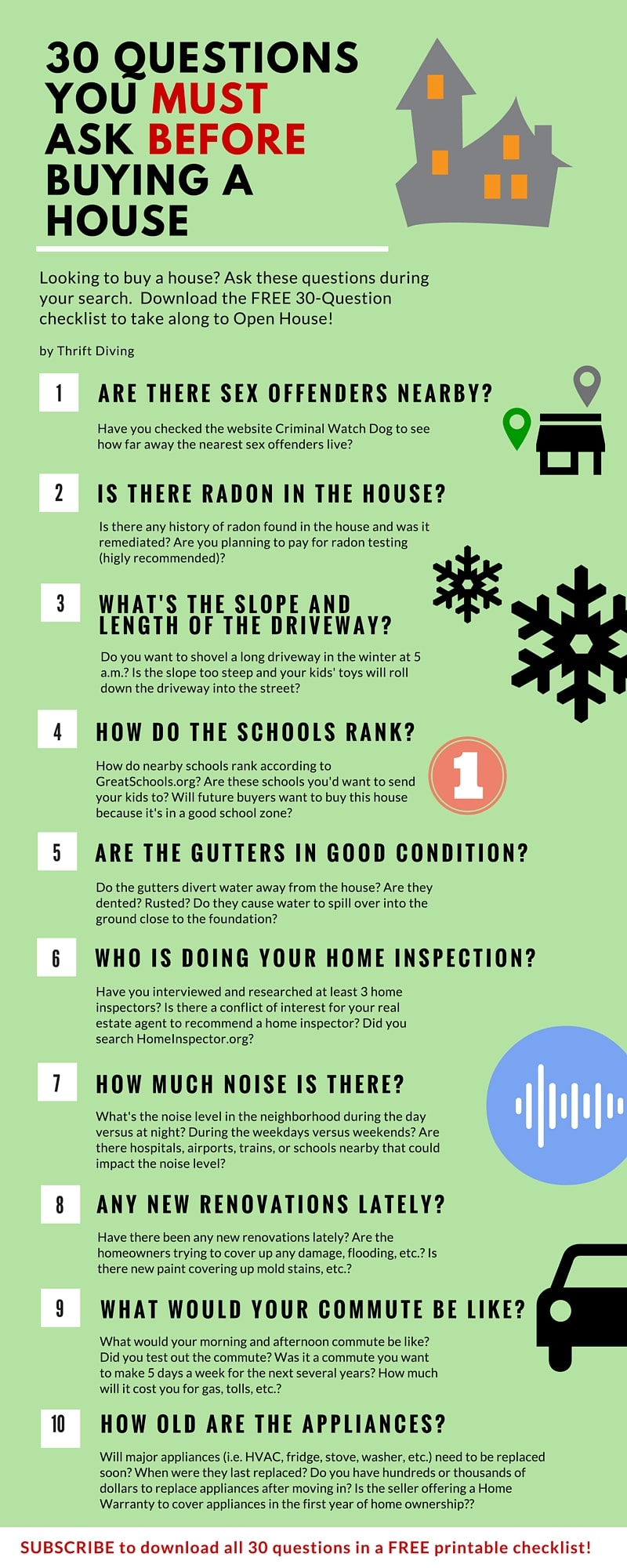For individuals who have been dreaming about owning their own home, taking the leap into homeownership can feel like an overwhelming and exciting journey. As a first-time homebuyer, it is essential to be well-informed and prepared for the process ahead.
Why buying a home is a big financial decision
Financial Responsibility: Buying a home is one of the biggest financial decisions a person will make in their lifetime. It involves not only the upfront costs of the down payment and closing costs but also long-term financial commitments such as mortgage payments, property taxes, and maintenance expenses. It’s crucial to evaluate your financial situation and ensure you are financially prepared for the responsibility of homeownership.
The benefits of being a first-time home buyer
- Investment: Owning a home is an investment that can provide financial stability and potential appreciation over time. It allows you to build equity and have a tangible asset.
- Sense of Pride and Stability: Homeownership offers a sense of pride and stability. You have the freedom to personalize and make your house a home, and it provides a stable living environment for you and your family.
Common challenges for first-time home buyers
- Down Payment: Saving for a down payment can be a significant hurdle for first-time home buyers. It’s important to explore options like down payment assistance programs or government-backed loans that can help make homeownership more attainable.
- Mortgage Approval: Getting approved for a mortgage is another challenge. Lenders evaluate various factors such as credit history, income, and debt-to-income ratio. It’s essential to work on improving your credit score and have a stable income before applying for a mortgage.
- Choosing the Right Home: Finding the perfect home that meets your needs, location preferences, and budget can be overwhelming. It’s important to do thorough research, work with a knowledgeable real estate agent, and prioritize your must-haves.
By understanding the financial responsibility, benefits, and common challenges associated with being a first-time homebuyer, you can approach the process with confidence and make informed decisions.
Preparing for Homeownership
Saving for a down payment
Saving for a down payment is an essential step in becoming a first-time homebuyer. It’s important to set a realistic savings goal and establish a budget to help you reach it. Consider automating your savings by setting up a direct deposit into a separate account dedicated to your down payment. Additionally, explore down payment assistance programs and government initiatives that may be available to help you accelerate your savings.
Understanding your budget and affordability
Before diving into the homebuying process, it’s crucial to have a clear understanding of your budget and affordability. Assess your monthly income and expenses, including any debt obligations, to determine how much you can comfortably allocate towards mortgage payments. Remember to consider additional costs such as property taxes, insurance, and maintenance. Utilize online calculators to estimate what you can afford and work with a mortgage professional who can provide guidance based on your financial situation.
Improving your credit score
A good credit score is key to securing a favorable mortgage rate. Take steps to improve your credit score by paying bills on time, reducing credit card balances, and avoiding new credit applications. Review your credit report regularly and address any errors or discrepancies. It’s also advisable to avoid making major purchases or acquiring new debt in the months leading up to your home purchase.
Remember, becoming a first-time homebuyer is an exciting milestone, but it requires careful planning and preparation. By saving for a down payment, understanding your budget and affordability, and improving your credit score, you’ll set yourself up for a successful and enjoyable homeownership journey.
Finding the Right Home
Determining your needs and wants
Before beginning your search for the perfect home, it’s important to determine your needs and wants. Consider factors such as the size of the home, the number of bedrooms and bathrooms, and any specific features or amenities that are important to you. This will help you narrow down your options and focus on properties that meet your criteria.
Working with a real estate agent
One of the most important tips for first-time homebuyers is to work with a real estate agent. An experienced agent can guide you through the home buying process, help you find properties that match your criteria, and negotiate on your behalf. They can also provide valuable advice and insights based on their knowledge of the local market.
Researching and visiting potential neighborhoods
When buying a home, it’s not just about the property itself, but also the neighborhood it’s located in. Take the time to research and visit potential neighborhoods to get a feel for the area. Consider factors such as commute times, proximity to schools and amenities, and the overall vibe of the neighborhood. This will help you find a location that suits your lifestyle and preferences.
By following these tips and taking the time to find the right home, first-time homebuyers can navigate the process with confidence and make a decision that is right for them. Whether you’re looking for a cozy bungalow or a modern condominium, finding the perfect home is an exciting journey that will provide a solid foundation for your future.

The Home Buying Process
Getting pre-approved for a mortgage
Buying a home is an exciting milestone, especially for first-time buyers. But before diving into the process, it’s important to get pre-approved for a mortgage. This step helps you determine how much you can afford to spend and strengthens your position when making offers.
To get pre-approved, you’ll need to provide the lender with financial information such as your income, assets, and debts. They will review your credit history and assess your borrowing capacity. Once pre-approved, you’ll receive a letter stating the loan amount you’re eligible for. Armed with this information, you can confidently start house hunting within your budget.
Researching neighborhoods and locations
When searching for your first home, it’s crucial to research different neighborhoods and locations. Consider factors like proximity to schools, shopping centers, transportation, and community amenities. Think about your lifestyle and what matters most to you in terms of convenience and quality of life. Take the time to visit potential neighborhoods to get a feel for the area and determine if it aligns with your needs and preferences.
Working with a real estate agent
Navigating the home buying process can be overwhelming, which is why it’s beneficial to work with a knowledgeable real estate agent. They can provide valuable insights and guide you through each step, from finding listings that match your criteria to negotiating offers and handling paperwork. A good agent will advocate for your best interests and ensure a smooth and successful home purchase.
Remember, buying a home is a significant investment, so take the necessary time to educate yourself, understand the market, and make informed decisions along the way. With careful planning and the right support, you’ll be well on your way to becoming a happy homeowner.
Financing Options
Buying a home for the first time can be an exciting yet overwhelming process. One of the most crucial aspects you need to consider is financing. Without proper preparation and knowledge, it can be challenging to navigate the world of mortgages and loans. Here are some first-time home buyer tips to help you understand your financing options.
Exploring different types of mortgages
There are several types of mortgages available to first-time home buyers. Some common options include conventional loans, FHA loans, and VA loans. It’s important to research and understand the requirements, terms, and benefits of each type to determine which one is the best fit for you based on your financial situation and goals.
Understanding loan terms and interest rates
Loan terms refer to the length of time you have to repay the mortgage. Opting for a shorter loan term may result in higher monthly payments but lower interest rates overall. On the other hand, longer loan terms may offer lower monthly payments but higher overall interest costs. It’s essential to assess your financial capabilities and long-term plans before deciding on the loan term that suits you best.
Applying for first-time home buyer programs and incentives
Many governments and organizations offer programs and incentives specifically designed for first-time home buyers. These programs can provide financial assistance, down payment assistance, lower interest rates, or tax benefits. Research the eligibility criteria and take advantage of these programs to maximize your purchasing power and save money.
Remember, buying a home is a significant decision, and having a solid understanding of your financing options is crucial. Take your time, do thorough research, and consult with professionals to ensure that you make the best financial choices for your first home purchase.

Conclusion
Buying a home for the first time can be an exciting yet overwhelming experience. By following these tips and being well-prepared, first-time home buyers can navigate the process with confidence and avoid common pitfalls. Remember to assess your financial situation, get pre-approved for a mortgage, research the housing market, and work with a trusted real estate agent. Also, be sure to have a thorough home inspection and consider the long-term costs of homeownership. With careful planning and informed decision-making, you can find a home that meets your needs and become a proud homeowner.
Frequently Asked Questions
Q: How much do I need for a down payment?
A: The amount for a down payment can vary depending on the lender and the type of loan. Generally, it is recommended to have at least 20% of the home’s purchase price as a down payment to avoid private mortgage insurance (PMI). However, there are loan options available that require lower down payments, such as FHA loans with a down payment as low as 3.5%.
Q: Are there any first-time homebuyer programs available?A: Yes, many states and local governments offer assistance programs for first-time homebuyers. These programs may provide down payment assistance, closing cost assistance, or grants. Additionally, there are federal programs like FHA loans and USDA loans that cater to first-time buyers with specific eligibility requirements.
Q: How long does the homebuying process usually take?A: The homebuying process can vary, but on average, it takes around 30 to 45 days from the time an offer is accepted to the closing. However, it can take longer depending on factors such as financing, inspections, and negotiations. It’s essential to stay proactive and communicate effectively with all parties involved to ensure a smooth and timely closing.






